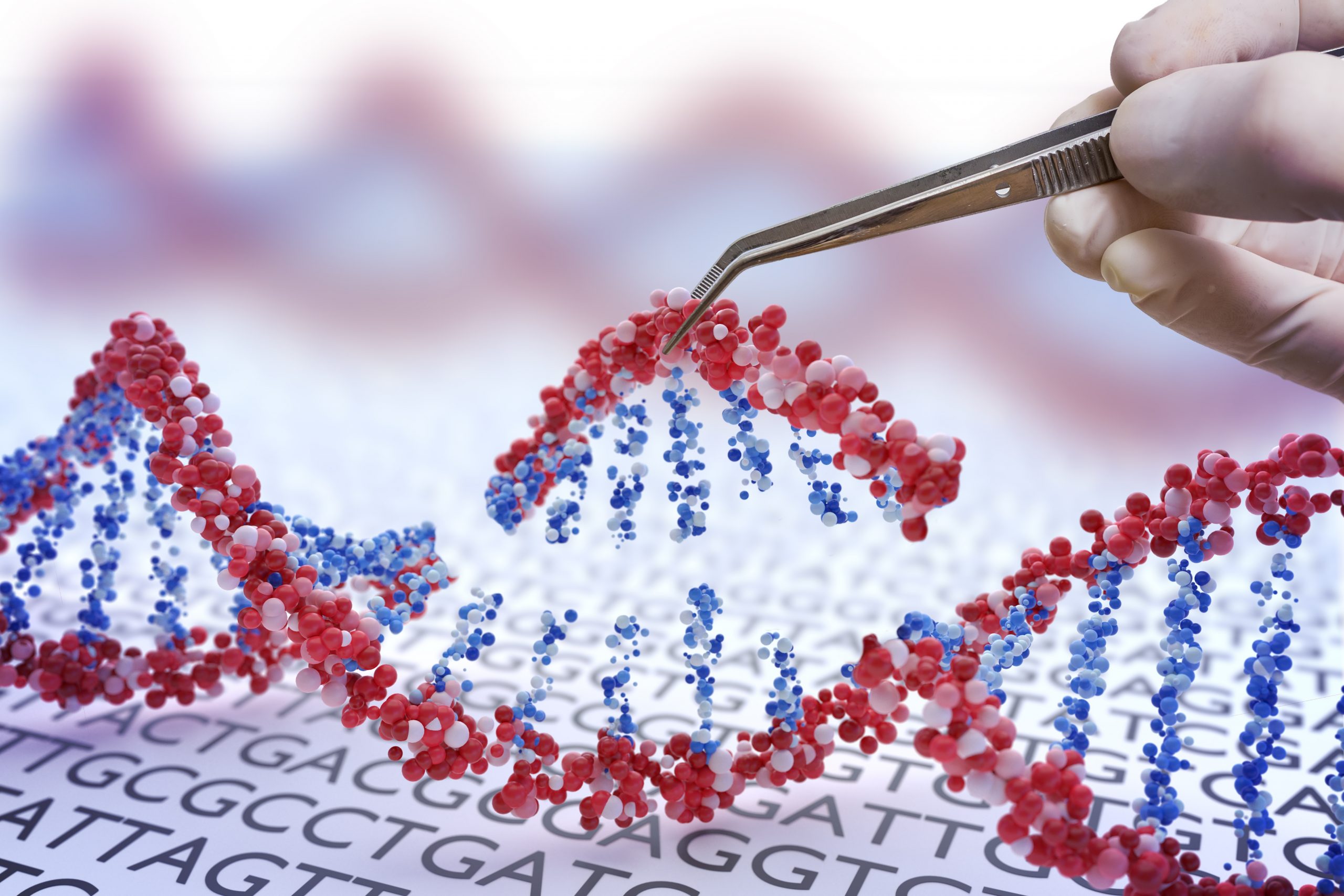Medical doctor Steven Quay and Emeritus Professor Richard Muller have written an article in the Wall Street Journal in which they set out what they believe to be “the most compelling reason to favour the lab leak hypothesis”. It is the fact that SARS-CoV-2 has a genetic feature that has never been observed in natural SARS-like coronaviruses, but which is the preferred feature for scientists when engineering viruses in the lab. It’s preferred because it is simpler and more familiar for lab workers, and also because it can then be used as a tell-tale marker of the engineered virus when tracking it in the lab.
The genome of SARS-CoV-2 includes as part of its genetic coding of the spike protein a sequence known as “double CGG” (CGG-CGG) that codes for two “arginine” amino acids in a row. Quay and Muller explain that there are 35 other possibilities that could occur in this location, known as the “furin cleavage site”, which would not disadvantage the virus in any way so are equally likely to be selected for by natural fitness. Furthermore, viruses often evolve by picking up genetic code from other viruses (known as recombination), but since double CGG doesn’t exist in nature for SARS-like viruses (or didn’t before SARS-CoV-2) this common route of picking it up is not available, making its appearance in a new coronavirus even less likely.
On the other hand, double CGG is the most commonly used sequence for lab workers when engineering the furin cleavage site in gain-of-function research, because it is readily available and familiar and can then be used to track the engineered virus.
There is also evidence the Wuhan scientists tried to conceal this genetic smoking gun. When the Wuhan Institute of Virology’s “bat woman” Dr Shi Zhengli and colleagues published a paper in February 2020 with the virus’s partial genome, the double-CGG furin cleavage site section was in the part of the genome omitted (though could be seen in the accompanying data).
The double-CGG furin cleavage site is often used in gain-of-function engineering to make a virus more infectious or virulent. “Humanised” mice are typically then repeatedly exposed to the engineered virus in order to accelerate the process of adaptation to humans. If the virus did originate through this kind of research it would therefore explain why there is no evidence of this adaptation occurring in nature for SARS-CoV-2, unlike with SARS-1.
A further point of interest is that the U.S. National Security Council, after reading an April 2020 paper in which Chinese military researchers studied SARS-CoV-2 using humanised mice, deduced that the mice involved must have been engineered some time during summer 2019, prior to the pandemic, raising questions about the reasons they had been engineered and what they were being used for at the time SARS-CoV-2 emerged in the autumn of 2019.
The evidence for a lab leak origin during gain-of-function research is looking more compelling by the day.












To join in with the discussion please make a donation to The Daily Sceptic.
Profanity and abuse will be removed and may lead to a permanent ban.